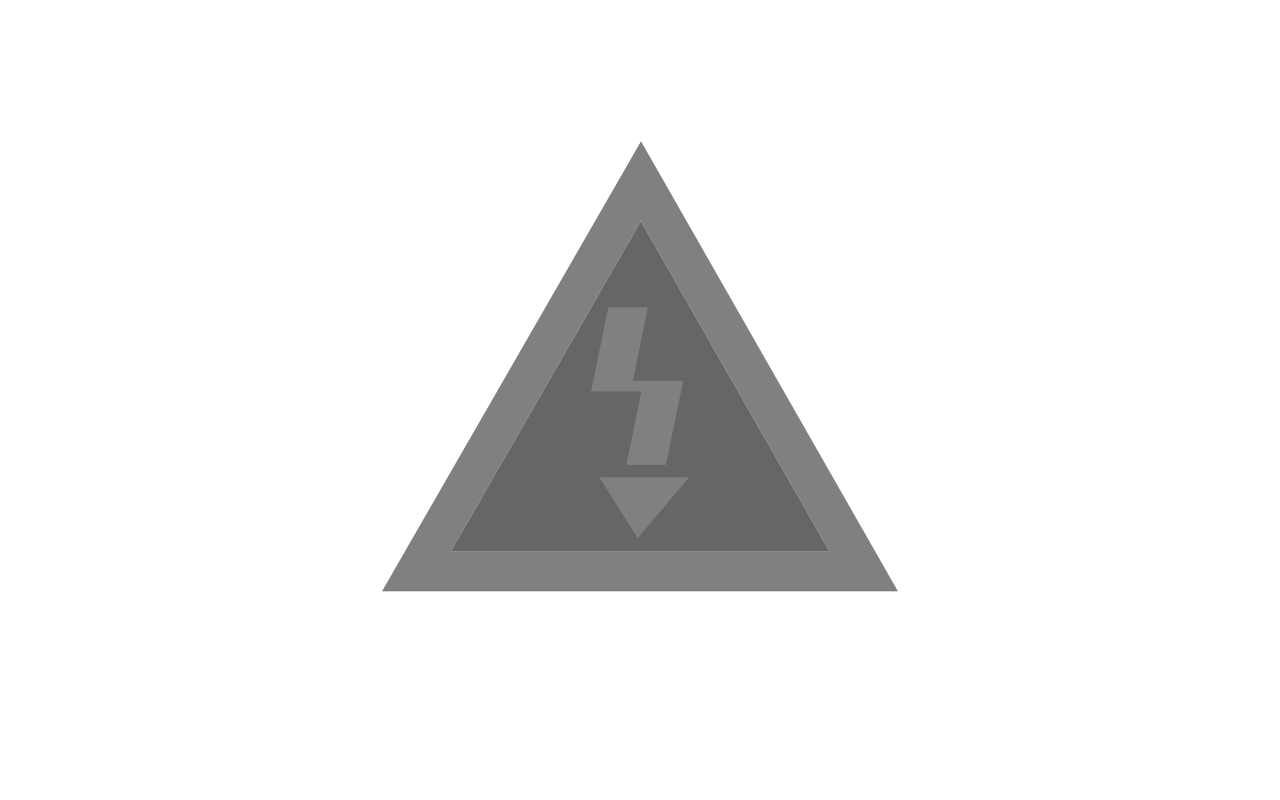One Thing To Do Today: VPNs beyond the hype.
TL;DR: A VPN is a narrow tool. Use them accordingly.
Virtual Private Networks evolved to connect remote workers into their organization’s network in a way that can’t be easily snooped. If that’s your organizations situation, run, don’t walk, to set up a VPN. It should have clever, well paid administrators and hardware under your companies control. This is what VPNs were designed for. Make it happen.
However, the concern I have is watching a number of folks touting VPN services as a “privacy” solution for individuals. People are being sold an acronym, not a solution. Properly configured VPNs create a secure connection between a remote user and secure network that already trust each other. VPN protocols in and of themselves afford no privacy from the parent network. If the host network is being used as a tunnel instead of a destination this is a clever hack use for VPNs, but not their original design. There is neither privacy nor security once the traffic leaves the host network on the far side. To understand how to determine if a digital tool provides the service you expect, read up on the distinctions between anonymity, privacy, security . Yael Grauer breaks down the problem in his article “The impossible task of creating a “Best VPNs” list today.” The take away quote comes from Kenneth White, “You’re getting a pinky promise as a service.”
Now for the twist. In spite of all that grumpy-cat complaining, I actually do use VPNs. They work great as a narrow tool for specific scenarios.
- To log into a home network when traveling, try learning how to set up your own VPN server. The process will make it easier to understand how to configure a service at the very least.
- When an ISP, business or school network blocks or filters specific traffic. VPNs can help circumvent censorship, access torrents, or even just allow uploading to gitHub.
- When an ISP, business or school’s logging behavior presents a higher threat than a VPN’s potential for logging behavior. Think the disaster scenario that’s unfolding in the UK, but its been that way for awhile in places like China.
- To do some light-weight messing with an IP address, to get around geofencing. Keep in mind that VPNs are not anonymizers.
- To create a little extra protection for web traffic on public WiFi. Even with a VPN, insist on HTTPs. I haven’t checked it out much, but the OperaBrowser comes with a built in VPN these days. However, keep in mind that public WiFi is skeevy for other reasons, too. If making public WiFi safer is the only reason you’re looking into VPNs, you might be better off spending the equivalent money on a personal hotspot or upping a cellular data plan. (Of course the best would be to do both.)
If those sound like common situations, then going through the trouble of vetting a VPN service might actually be useful. “That One Privacy Site” maintains a some serious spreadsheets. TorrentFreak has a list of providers that have answered their questionnaire. BoingBoing published a shorter list with a decent comment section that I found helpful. LifeHacker has a 5 Best list with more discussed below. The options on the list from digitaltrends.com seemed credible as well. Cross referencing these lists and the, and requiring a mention in TorrentFreak’s:
- Private Internet Access (4 mentions)
- TorGuard (3 mentions)
- IPVanish (2 mentions)
- NordVPN (2 mentions)
- ExpressVPN (2 mentions)
Also frequently mentioned is AirVPN, who offer free services to activists in human rights hostile regions. So that’s cool. It’s worth searching for the name of the service your considering into VPN reddit community. Folks seems pretty polite and knowledgeable.
So go forth, choose a VPN, just remember its part of a suite of tools and the company chosen needs to be checked on regularly.

